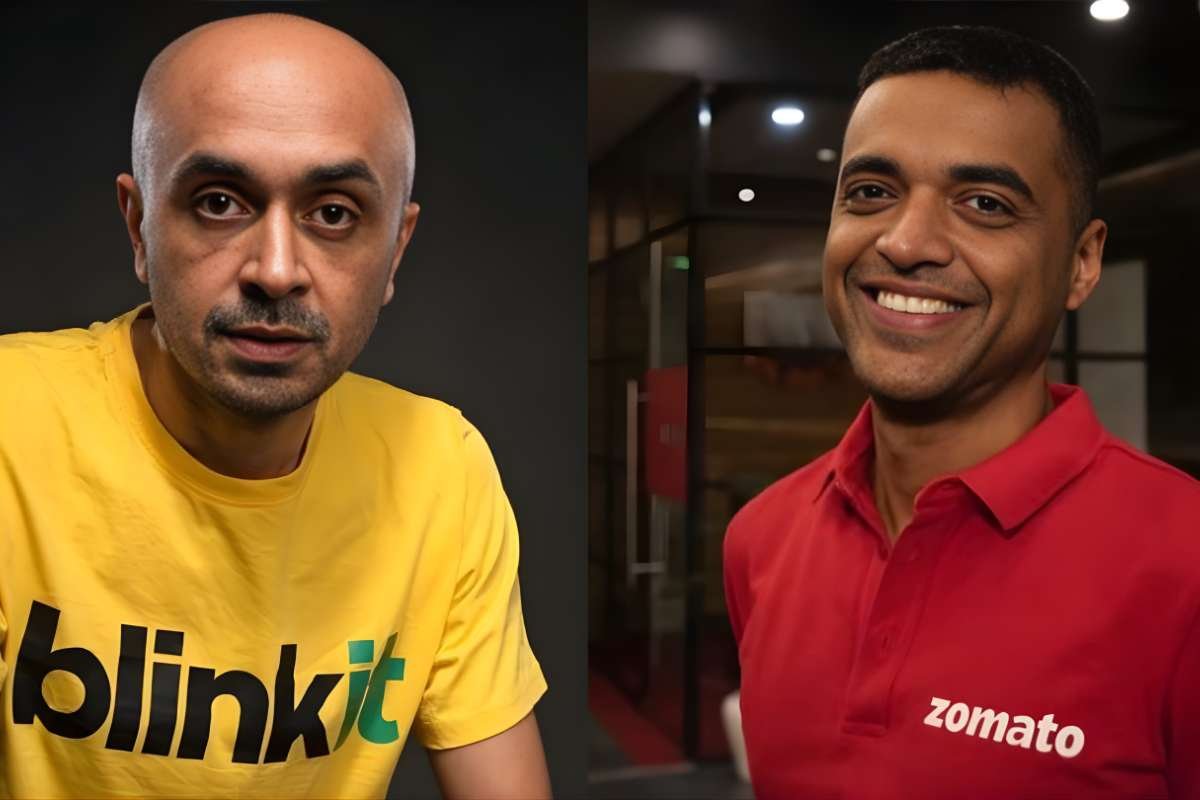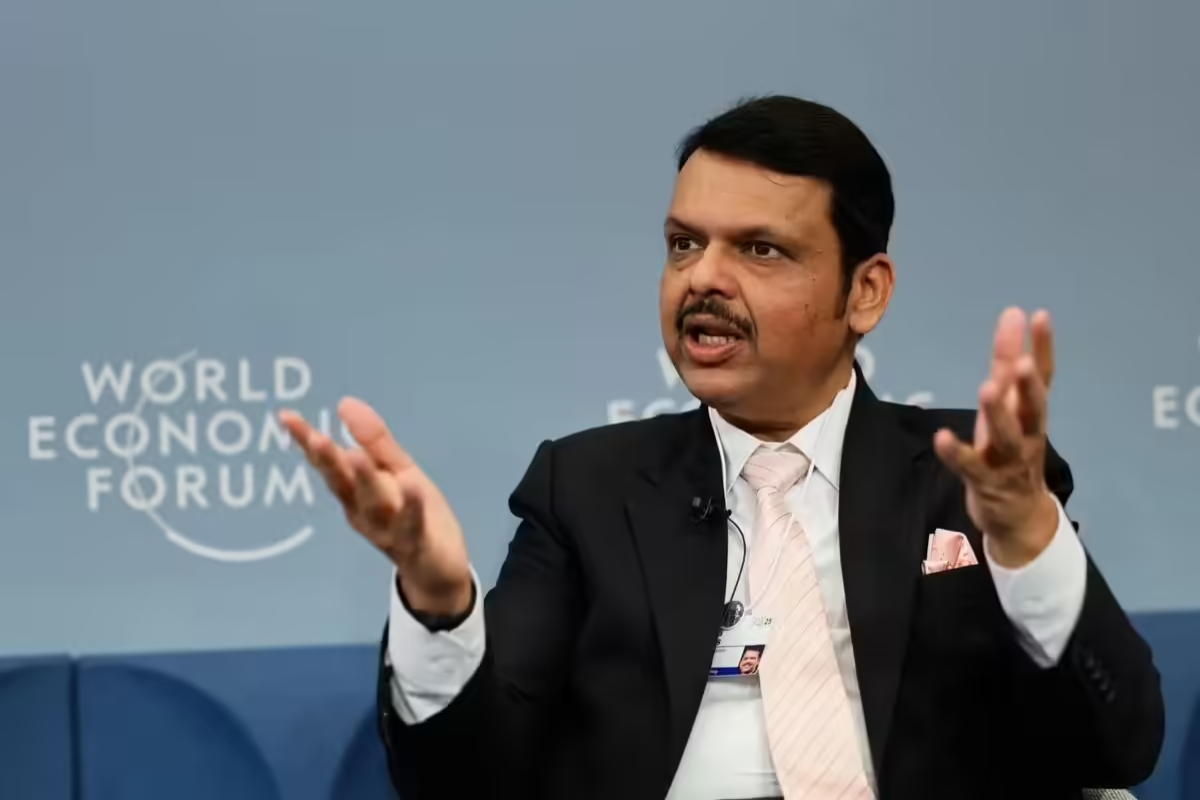Rohan Mirchandani, the CEO of the popular Greek yogurt brand Epigamia, passed away suddenly due to cardiac arrest, leaving the corporate world in shock. His untimely demise has reignited conversations about the rising prevalence of heart-related issues among individuals in their 40s. While stress has been highlighted as a potential contributor, experts emphasize the importance of early heart health screenings, especially for Indians who are genetically predisposed to heart disease. Factors like diabetes, hypertension, and obesity further amplify this risk, underscoring the need for proactive health measures.
Sudden cardiac arrest (SCA) differs from a heart attack, which is caused by arterial blockages restricting blood flow to the heart. According to Rohan Mirchandani, SCA involves an abrupt malfunction in the heart’s electrical impulses, leading to irregular heartbeats that prevent effective blood circulation. This condition can strike individuals across all age groups, often with little to no warning. Notably, heart attacks can act as a trigger for SCA by disrupting the heart’s electrical system, especially in those with underlying cardiac conditions.
Understanding the Causes of Sudden Cardiac Arrest
Statistics reveal that nearly 80% of SCA cases in individuals over 40 stem from coronary artery disease. Even minor arterial blockages, often undetected in conventional tests like the treadmill test (TMT), can escalate during strenuous activity. These minor plaques can rupture, causing blood clots that lead to significant arterial blockages and trigger severe heart attacks. In turn, such heart attacks may prompt irregular heart rhythms, culminating in SCA.
For younger individuals, typically under 35, congenital heart defects or genetic anomalies often play a role. Conditions like hypertrophic cardiomyopathy (HCM), which enlarges the heart muscle, may remain undetected until triggered by physical exertion. Additionally, factors like dehydration, electrolyte imbalances, and severe mental stress can interfere with the heart’s electrical system, increasing the likelihood of SCA. An adrenaline surge caused by work-related anxiety or excessive physical activity further compounds the risk.
Prevention and Life-Saving Interventions
Sudden cardiac arrest demands immediate medical intervention, with only a few minutes available for effective response. Cardiopulmonary resuscitation (CPR) and defibrillators are crucial in saving lives during such emergencies. However, India lags significantly in CPR awareness, with only 1% of the population trained in this life-saving technique compared to 85% in the United States. Moreover, the availability of public defibrillators remains limited.
To mitigate risks, regular heart screenings, including electrocardiograms (ECGs), are essential. These tests measure the heart’s electrical activity and can identify arrhythmias or irregular heartbeats, offering early warning signs. Public awareness campaigns and training in CPR, coupled with accessible defibrillators, can significantly reduce mortality rates associated with SCA.
The loss of a visionary like Rohan Mirchandani is a stark reminder of the unpredictability of cardiac emergencies. Prioritizing heart health, fostering awareness, and implementing preventive measures are imperative steps toward safeguarding lives.
Catch the latest updates at Business Viewpoint Magazine








